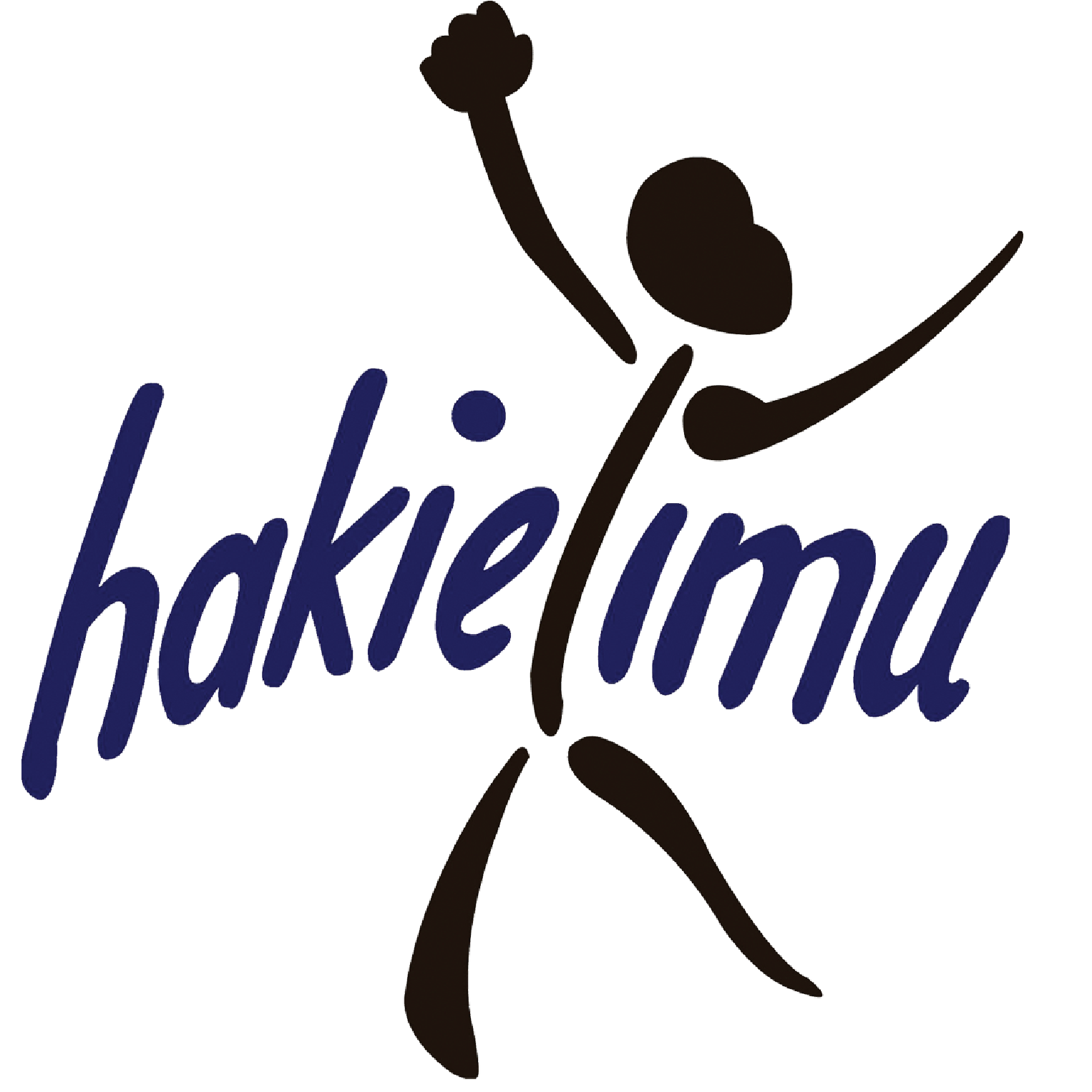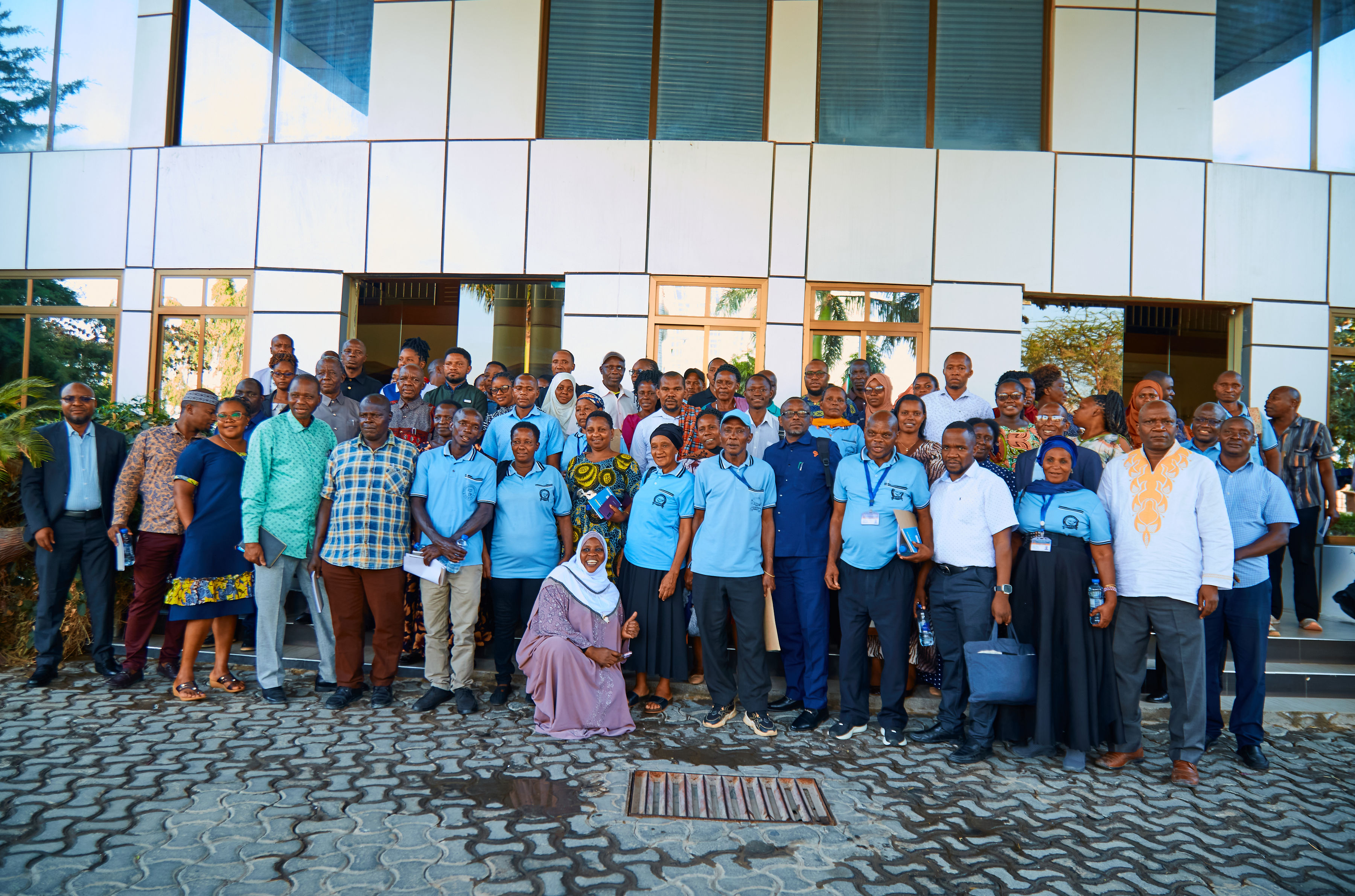- Focus Area: Education
- Key Quote: “When children learn and play together, stigma disappears and every student feels valued.”
Dodoma, Tanzania — October 2025:
Over 80 education stakeholders gathered at Morena Hotel, Dodoma, for the Annual SAUTI ZETU Stakeholders’ Reflection on Inclusive Education, a two-day event that showcased how community-driven action is transforming learning opportunities for children with disabilities across Tanzania.
Organized by HakiElimu in collaboration with Community Working Groups (CWGs) from Babati, Ukerewe, Tabora, Mpwapwa, and Geita, the reflection meeting was held under the theme: “Amplifying Community Voices for Inclusive Education – Learning from the Field.”
A Movement Rooted in Accountability and Inclusion
The SAUTI ZETU project, co-implemented by HakiElimu and its partners, promotes transparency, responsiveness, and government accountability in the implementation of the National Strategy for Inclusive Education (2021/22–2025/26). By fostering collaboration among citizens, civil society organizations, and government institutions, the project empowers communities to demand and support equitable, inclusive education for all children, particularly those with disabilities or from marginalized backgrounds.
Stories of Change from the Field
Each district presented powerful stories showing that inclusion is possible when communities take ownership:
- Babati: Door-to-door awareness campaigns and school meetings have increased enrolment of children with disabilities by 20%, while locally made teaching aids are making classrooms more engaging.
- Ukerewe: The Community Education Register helped identify 47 out-of-school children with disabilities, many of whom are now re-enrolled.
- Tabora: Communities built disability-friendly ramps and toilets using local materials for restoring dignity and accessibility for all learners.
- Mpwapwa: Teachers are leading peer-learning clubs where students with and without disabilities learn together, breaking stigma and fostering teamwork.
- Geita: A Sign Language Club at Kasamwa Primary School has transformed communication for deaf learners and inspired parents to enroll more children with disabilities.
These stories highlight the transformative power of empathy, innovation, and collaboration at the grassroots level.
Challenges and Lessons Learned
Participants acknowledged significant progress but also pointed out ongoing challenges—limited teacher training in inclusive pedagogy, inadequate funding, inaccessible infrastructure, and weak coordination between education, health, and social welfare sectors.
Despite these barriers, the reflection reaffirmed key lessons:
- Inclusive education begins at the community level.
- Teacher attitude and competence are central to success.
- Reliable data drives advocacy and accountability.
- Inclusion extends beyond disability to address poverty, gender, and protection.
- Collaboration between sectors ensures children are supported holistically.
As one teacher from Mpwapwa observed,
“When children learn and play together, stigma disappears and every student feels valued.”
Pathways Forward: Commitments for 2026
Participants agreed on practical actions to sustain the gains of inclusive education:
- Institutionalize continuous teacher training through Teachers’ Resource Centers (TRCs) and MEWAKA.
- Establish District Inclusive Education Task Forces to coordinate data, referral, and support systems.
- Advocate for dedicated budget lines for inclusion within Planning and Reporting Tools (PlanRep).
- Improve school accessibility and safety through community participation.
- Strengthen child protection mechanisms in collaboration with social welfare offices.
- Continue public awareness campaigns to challenge stigma and discrimination.
HakiElimu will continue convening reflection forums and supporting evidence-based advocacy to ensure that inclusive education becomes a norm rather than an exception in Tanzania.
About SAUTI ZETU
The SAUTI ZETU (“Our Voices”) Project is a multi-year initiative by HakiElimu that promotes government accountability and community participation in implementing inclusive education policies. By empowering citizens, strengthening CSOs, and enhancing government responsiveness, the project contributes to a more equitable and inclusive education system where every child can learn and thrive.


